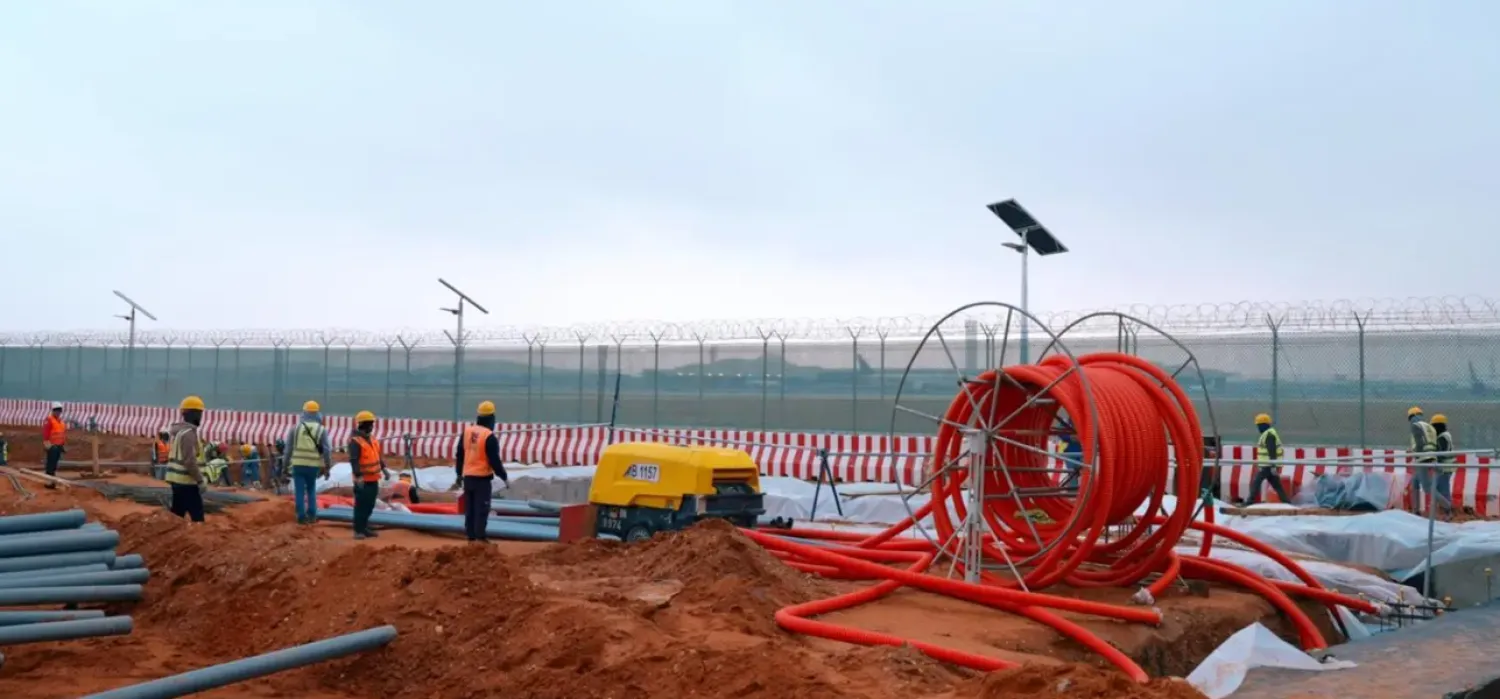Carlyle (CG.O), will form a new Mediterranean-focused oil and gas company led by former BP (BP.L), CEO Tony Hayward after the private equity fund agreed to acquire Energean's (ENOG.L), assets in Egypt, Italy and Croatia for up to $945 million, the companies said on Thursday.
The deal will allow Carlyle to tap into the eastern Mediterranean gas market that has grown rapidly in recent years as gas demand in Egypt soars and Europe seeks alternatives to Russian gas, Reuters reported.
Carlyle International Energy Partners (CIEP), the fund's non-US energy investment arm, said the new company will initially produce up to 47,000 barrels of oil per day in the three countries.
But it will seek to grow output by upgrading existing assets and through other acquisitions in the Mediterranean, CIEP co-head Bob Maguire told Reuters.
"There is plenty of running room for these assets in terms of geology," Maguire said, adding that growing demand for natural gas in Egypt and Italy will underpin future investments.
Energean, whose main production comes from a gas facility offshore Israel, will also look to expand to the wider Europe, Middle East and Africa region, particularly where there is long-term policy support for gas and displacement of coal, CEO Mathios Rigas told Reuters.
"It's a great deal for us, we're selling assets at three times the price we bought them," he said.
Shares of Energean were up 2.7% by 1252 GMT.
Jefferies analysts estimated the net asset value of the resources that Energean is selling to be $1.28 billion, implying a 26% discount in the deal.
London-listed Energean acquired the assets in Egypt, Italy and Croatia through its acquisition of Edison's oil and gas portfolio in 2020.
Energean said the deal would include a cash payment of $504 million after which it will pay a special dividend of $200 million as well as repay in full a $450 million corporate bond.Energean's board expects to redefine its dividend policy following the completion of the deal, which is expected by year-end.
Energean produced 123,000 boed in 2023. For 2024, it expected production in Egypt to rise to 29,000-31,000 boed from around 25,000 boed.
For CIEP's new company, production will come from interests in Cassiopea, Italy's largest gas field in terms of reserves, and Abu Qir, one of the largest gas producing hubs in Egypt.
CIEP has over the past decade acquired, grown and sold several oil and gas companies, including Neptune Energy in the North Sea, Assala Energy in Gabon and SierraCol in Colombia, also led by Hayward. He led BP for more than three years before stepping down in the wake of the 2010 Deepwater Horizon disaster in the Gulf of Mexico.
"This acquisition provides a strong platform to build a standalone regional champion in the Mediterranean, one of the fastest growing natural gas markets in the world," Hayward, chairman designate of the new company, said in a statement.









